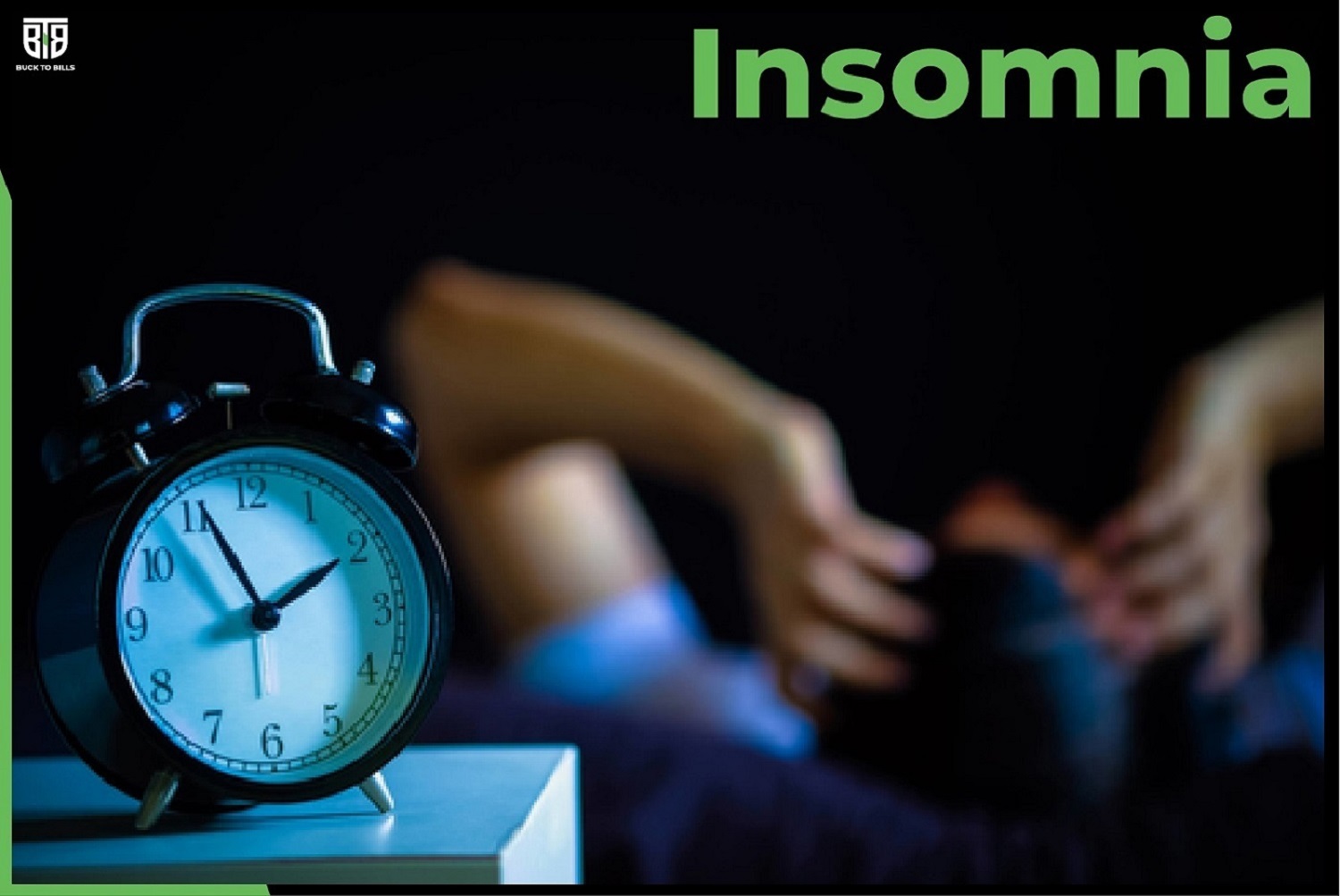Stressed lifestyle in the present generation is taking a serious toll on health. There are a variety of underlying factors that are affecting health adversely. Unhealthy lifestyle habits are known to increase the risks of life-style related diseases ranging from disturbing the natural sleep cycle to heart-related ailments. One such lifestyle-related disease is insomnia which if intensified can lead to even depression.
What is insomnia?
Insomnia is a sleep disorder in which you have trouble falling asleep or staying asleep. The disorder can be either short-term (acute) or long-term (chronic) or it may even be occasional. While acute insomnia lasts anywhere between 1 night to a few weeks, chronic can happen from 3 nights to 3 months or even more which can turn fatal if not diagnosed at the earliest.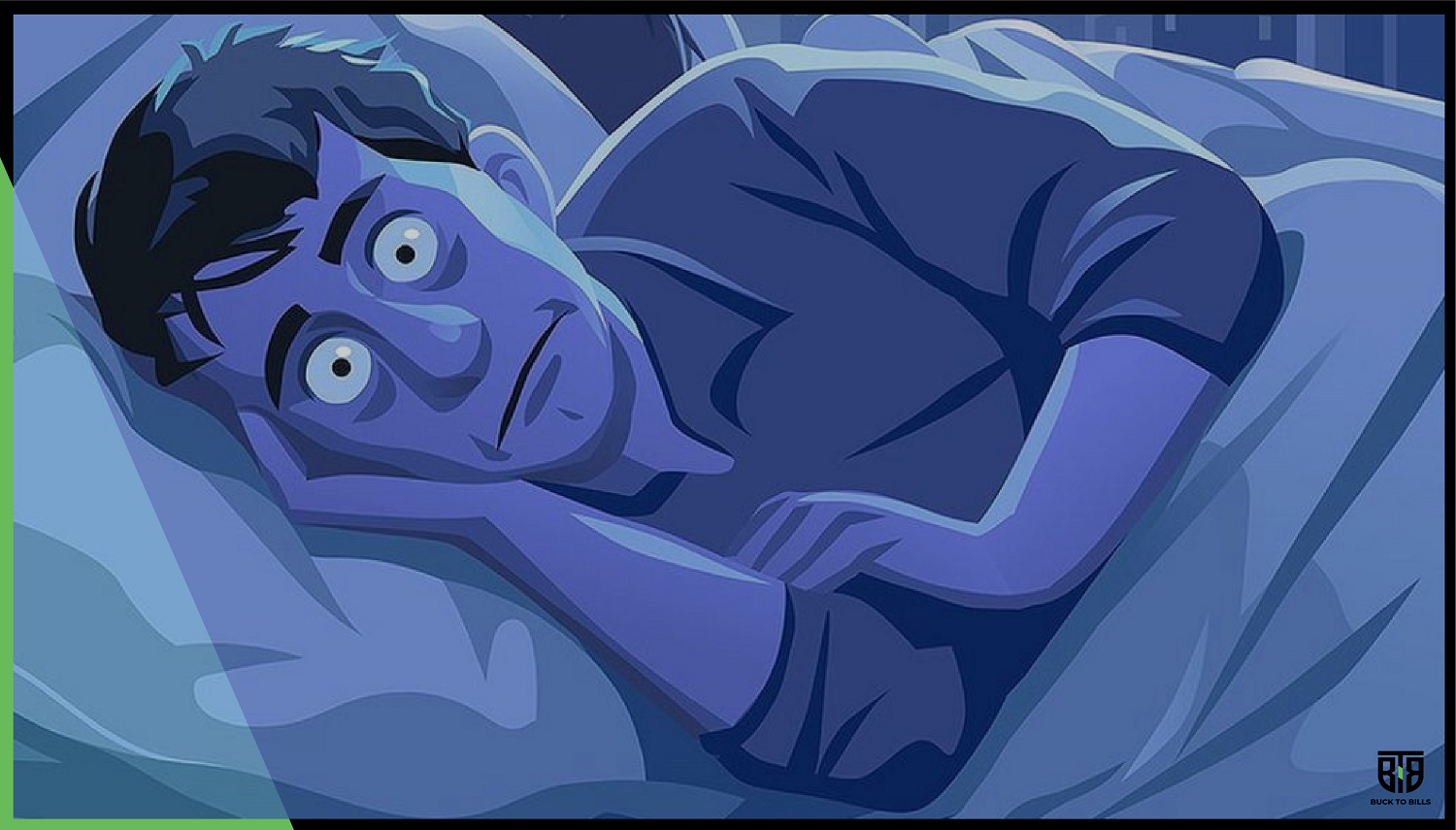 There are 2 types of insomnia:
There are 2 types of insomnia:
- Primary: Primary insomnia is not linked to other health-related problems.
- Secondary: This is caused because of other prevailing health issues like asthma, depression, cancer, and medication.
What are the causes of insomnia?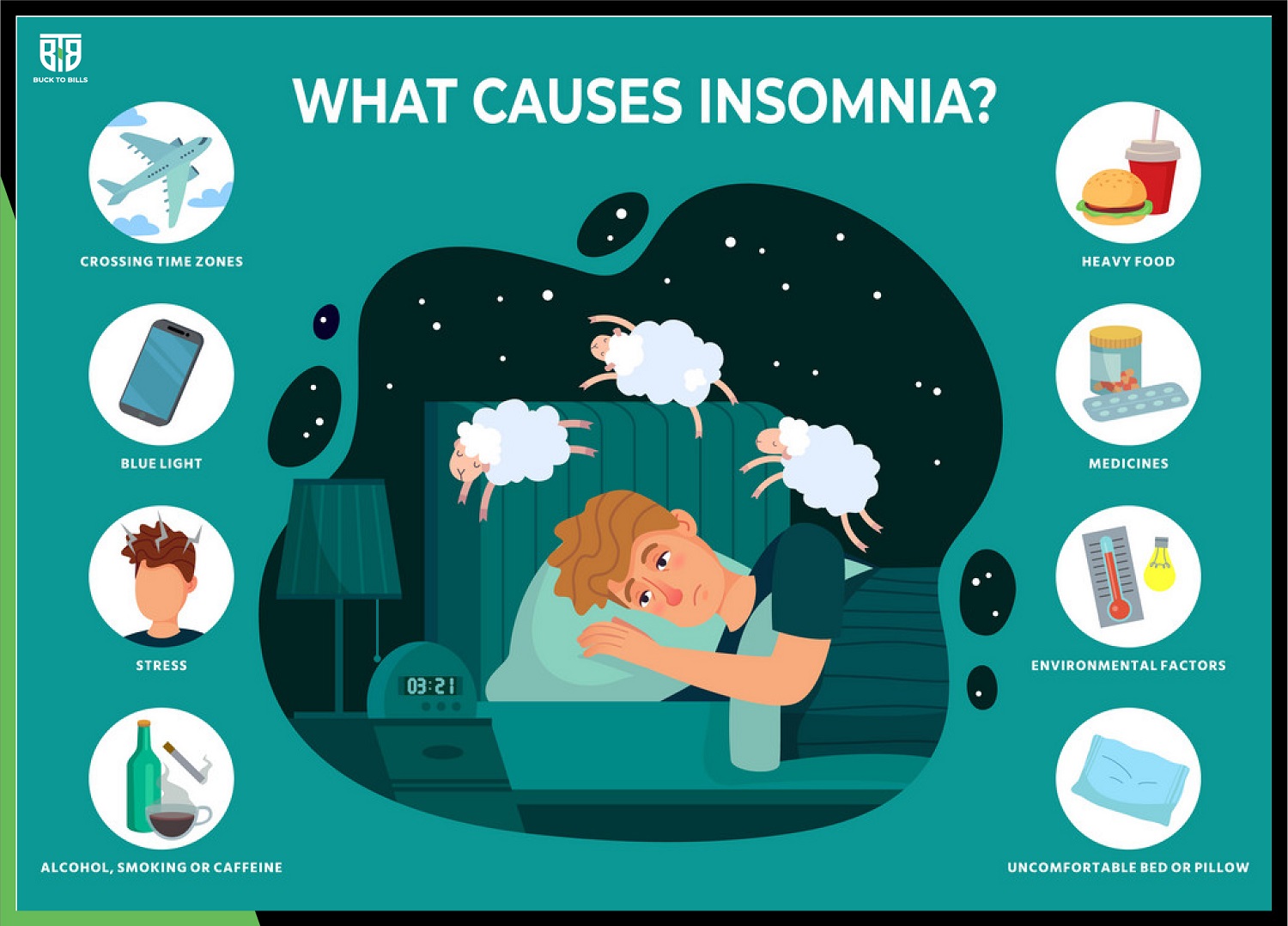 Causes of insomnia depend on the type of insomnia you experience:
Causes of insomnia depend on the type of insomnia you experience:
- Primary insomnia:
- Stress in any form or related to any event can harm sleep. Death of a loved one, divorce, breakup, or any other disturbing events happening in your life has the potential to disturb your peace and hence your sleep.
- Ambience has a huge impact on natural sleep. Things like noise, temperature, lights, can have an impact on your sleep.
- Making changes to your sleep schedule can trouble you in adapting to new changes and a new sleep cycle.
- Secondary insomnia:
- Mental health issues like stress, depression, and anxiety are known to have severe effects on sleep.
- Some high-dose medications for colds, allergies, and depression disturb the sleep cycle.
- Stressed lifestyle, body pains, and discomfort
- Consumption of caffeinated food items gives you a hard time going to sleep.
- Some physical health-related issues like Hyperthyroidism and endocrine problems can have repercussions on sleep.
Symptoms of insomnia:
However, there is a fine line between insomnia and merely not able to sleep for a few days. The following symptoms help distinguish the two and take appropriate measures while it is still not too late:
- Unrefreshing sleep
- Waking up too early in the morning and not able to fall asleep again
- Trouble falling or staying asleep for longer periods.
- Mood changes and irritability.
- Inadequate sleep
- Difficulty in concentrating
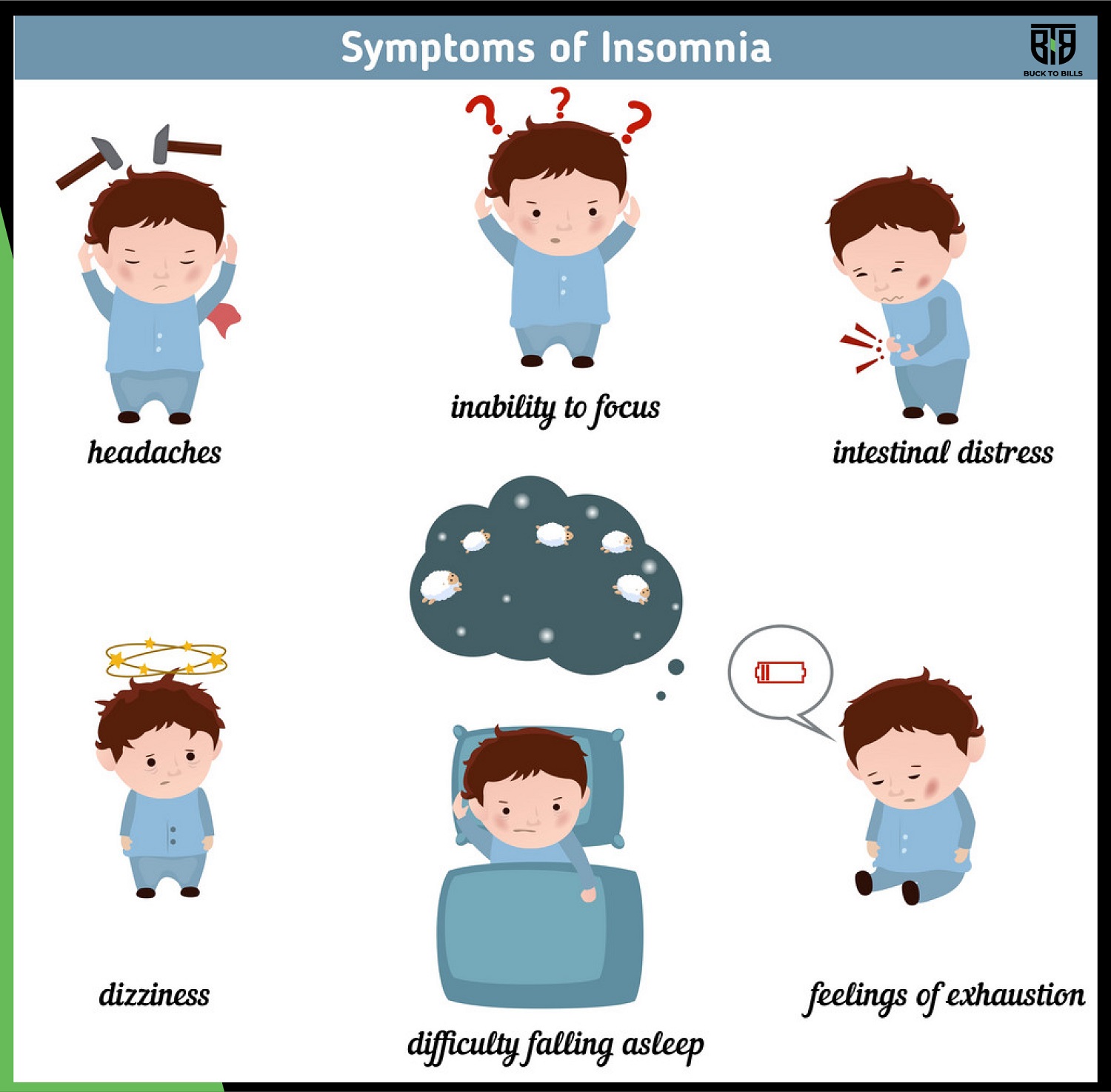 Risk factors involved:
Risk factors involved:
There is no certain age factor for insomnia. It can occur at any age. Time and again, scientists have reiterated certain risk factors that are more likely to cause insomnia:
- High levels of distress and depression
- Sedentary lifestyle
- Change in sleep cycle either due to change in work hours or any other reasons like jet lag.
- Certain health-related issues like obesity, cardiovascular diseases, and even menopause can cause insomnia.
Treatment:
Insomnia can be diagnosed both pharmaceutically and non-pharmaceutically. Following are the Non-pharmaceutical and life-style changes suggested by experts:
- Avoiding caffeinated items from the diet at least 4-5 hours before sleep time.
- Avoid doing exercise before sleep time
- Minimizing the time spent with digital devices at least 3 hours before bedtime.
- Practising meditation has proven benefits in treating insomnia.
- Aromatherapy is another proven method to help you slip into sleep before you even know.
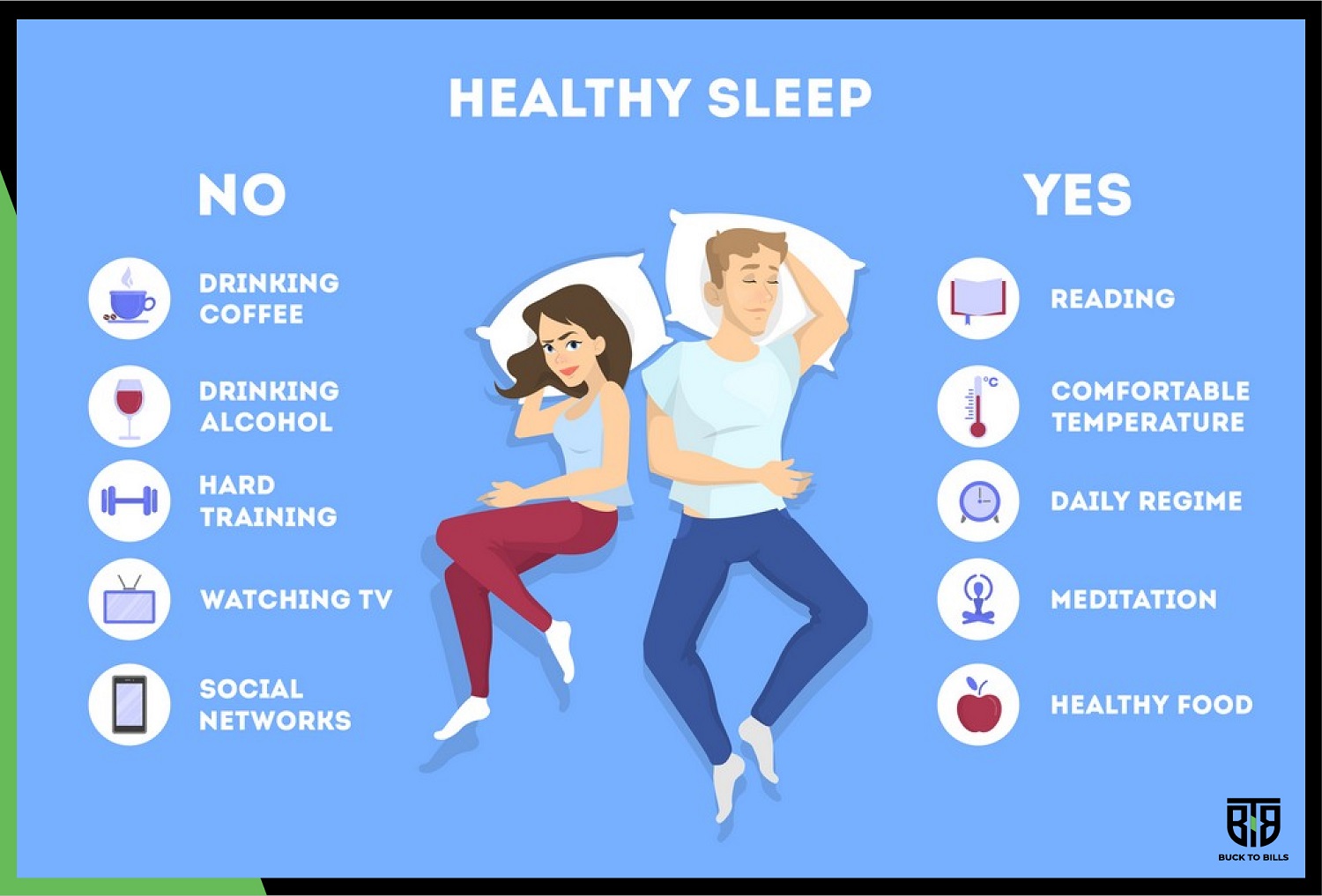 Insomnia should no longer be treated as a mere inconvenience in sleep. It is a sleep disorder caused due to various factors and needs to be diagnosed as early as possible to avoid larger adversities.
Insomnia should no longer be treated as a mere inconvenience in sleep. It is a sleep disorder caused due to various factors and needs to be diagnosed as early as possible to avoid larger adversities.

